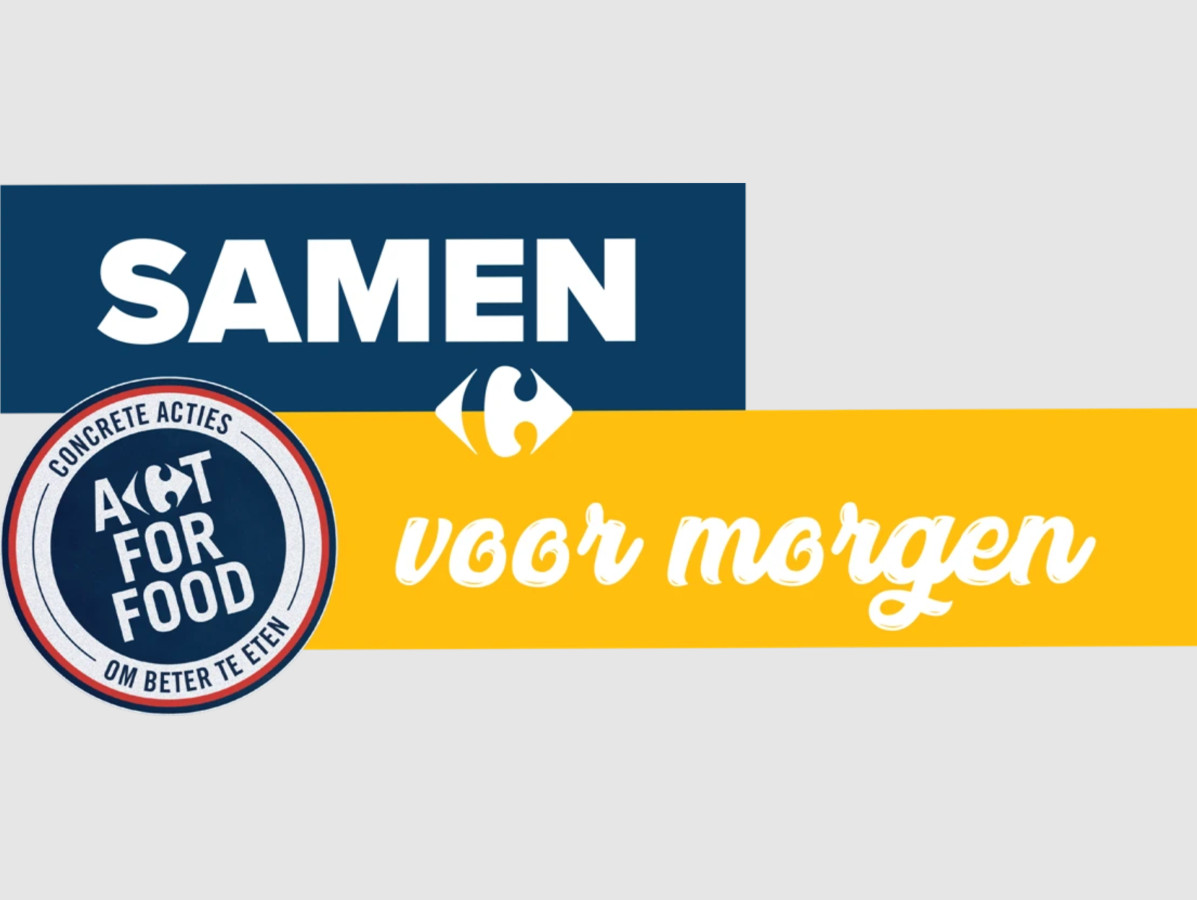
Carrefour is launching a Food Transition Pact to bring together its national brand suppliers and seize the opportunity together to change consumer habits. More and more voices are calling for healthier and more environmentally friendly food, which remains accessible to all. Carrefour shares this conviction and has the ambition to be the leader of the food transition.
The company also wants to share this with consumers by organising the Food Transition Week. From 25 to 31 October, 21 national brand products that stand out because of their contribution to the food transition will be highlighted in the Carrefour leaflet and on the shelves.
Carrefour's commitment to the food transition is nothing new. With its own brands, the company already works hard to raise consumer awareness and encourage them to adopt new consumption habits. However, the company is convinced that in order to fully achieve this goal, all players in the food sector need to join forces.
In 2020, the Carrefour Group launched this pact with major FMCG manufacturers, which now includes nearly 36 suppliers worldwide. Among them are five founding suppliers: Pepsico, Bonduelle, Colgate, Barilla and Nestlé.
To further accelerate the food transition, this pact will be launched at the Belgian level in 2021. The idea is to work together with local players who are also committed to the food transition. A Belgian jury within Carrefour Belgium has selected 11 suppliers: Aubel, Bel, Chaudfontaine, Friesland Campina, Frosch, Galler, Imperial Meat Products, Rombouts, Spadel, Valvert and Actimel by Danone.
The aim of the Pact is to work together on 5 themes around the food transition:
Source: Carrefour